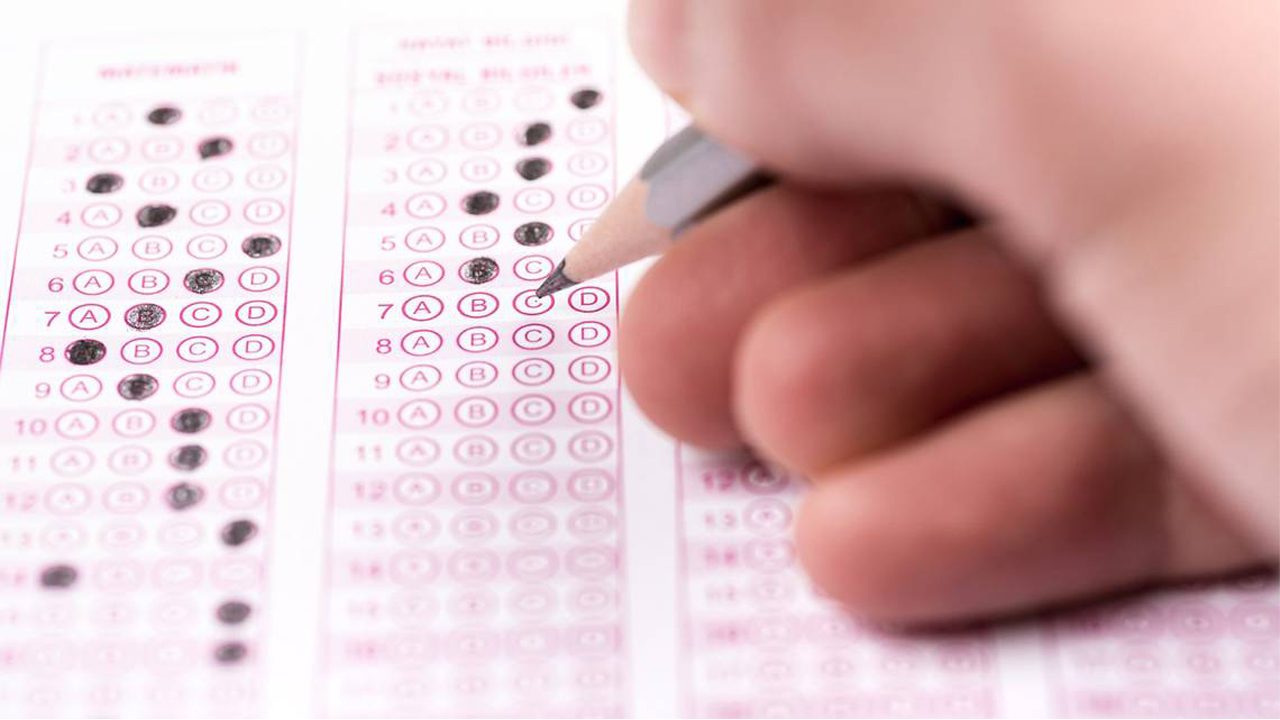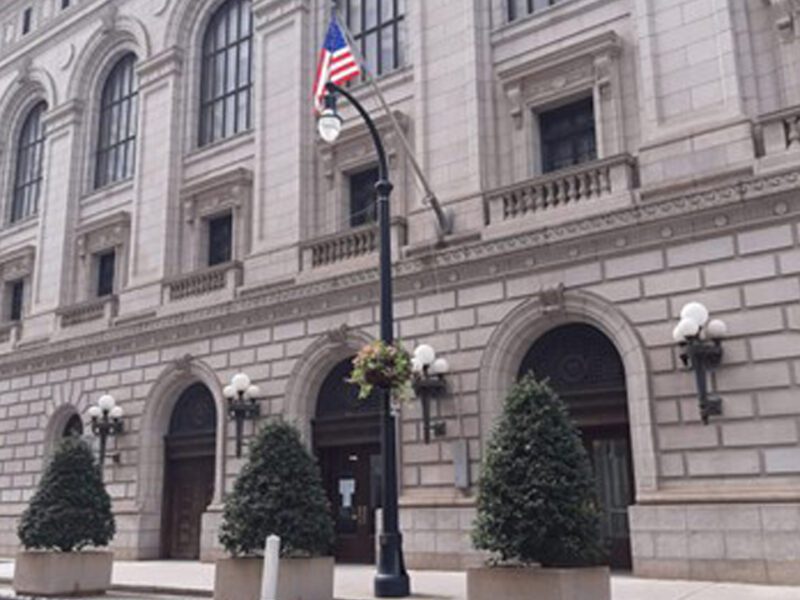
Florida lawmakers push alternatives to SAT tests, AP courses with millions in budget
Miami Herald | By Ana Ceballos and Jeffrey S. Solochek | April 25, 2023
TALLAHASSEE
In February, when Gov. Ron DeSantis went after the College Board’s new Advanced Placement course on African American studies, he hinted that Florida might do without the organization’s courses and tests.
Two months later, Republican state lawmakers are preparing to head in that direction.
Using its budget proposal and a bill (HB 1537) that’s viewed as the Florida Department of Education’s legislation, the House is looking to pivot from the College Board’s Advanced Placement courses and SAT exam to other alternatives.
For the SAT, the state is considering a “classical and Christian” exam alternative called Classic Learning Test. It would be used as an optional graduation test requirement and to determine Bright Futures scholarship eligibility, as well as a college entrance exam at Florida’s public colleges and universities. Schools would have the option to administer the SAT, ACT or CLT starting next school year.
For AP, the House wants to spend millions creating Florida-based alternative courses and tests, asking state universities and colleges to help establish the materials. A third-party organization would help create the exams.
The changes would be implemented as soon as the Florida Department of Education can get them done, said Senate Education and Higher Education Appropriations Chairman Keith Perry. He added that he hopes it will be done as early as the next school year.
When asked if the test would be designed to be tougher than the SAT, Perry said it would be “equal” but in “a different model.”
House Education Committee Chairperson Ralph Massullo, a Lecanto Republican, said the initiatives would fit into the Legislature’s larger effort to provide students with more school choices while also improving the education environment. He pointed to other bills that aim to focus reading instruction on phonics and remove social media distractions from classrooms as examples.
“We’re doing things at the front end as well as at the back end,” Massullo said, predicting ultimate success for the concept, if not in HB 1537 then attached to some other legislation. “It’s the Department of Education package. I think you’re going to see it.”
DESANTIS VERSUS THE COLLEGE BOARD
Politically, it would serve Gov. Ron DeSantis, who earlier this year feuded with the College Board over content objections to an Advanced Placement African-American Studies pilot program. DeSantis said Florida would not allow the course to be offered in its high schools because it was not “historically accurate.”
The College Board was later accused of omitting key concepts from its course and caving to the governor’s political pressure. On Monday night, the organization announced it would revise its course again.
DeSantis, who is expected to announce a run for president after the legislative session ends, targeted the College Board as part of his aggressive push to reshape Florida’s education system. The governor has focused on eradicating what he calls a “woke ideology” and “indoctrination” in K-12 school and higher-education institutions.
The players involved in promoting the Classic Learning Test have advocated for similar ideas.
Jeremy Tate, the founder of the company, has said the test is meant to be an alternative to the SAT, which he says has become “increasingly ideological” in part because it has “censored the entire Christian-Catholic intellectual tradition” and other “thinkers in the history of Western thought.”
In March, the Classic Learning Test hosted the Florida Classical Education Summit at Palm Beach Atlantic University in West Palm Beach.
Representatives from Hillsdale College, a politically influential private Christian college in southern Michigan, Ave Maria University, a Catholic university in Florida, and Erika Donalds, an avid school choice proponent and founder of Optima Foundation, a network of classical charter schools in Florida, among others, spoke about the growth of classical education, the reasons parents opt for such curriculum and the potential future of it.
During a panel discussion “K-12 to Higher Education: Taking the Classical Road to Success,” Adam Kinnick, associate vice president of enrollment at Ave Maria University, hinted at the possibility of the Bright Futures scholarship expanding to include the CLT when asked how universities like his speak to parents about the value of AP classes and subsequent college credits.
“I don’t want to encourage students to test out of an experience at our school. I’m not terribly interested in [students] getting a 5 on the standardized assessment from AP.” Still, he couldn’t “in good conscious” tell Floridians to take the CLT instead of the SAT or the ACT. If they did, he said, they could be “potentially leaving money on the table.” “That’s about to change,” he said.
“That’s about to change as well.”
A ‘CLASSICAL AND CHRISTIAN’ TESTING OPTION
Top deputies at the state Department of Education, which is part of the DeSantis administration, have also backed the testing alternative.
Senior Chancellor Henry Mack, who is being considered for president of Florida Gulf Coast University, has said people seeking a testing option focused on the “great classical and Christian tradition” should go with the CLT option. Some classical charter schools already offer the CLT test to high school students, and 11 private universities in the state accept the test for admissions. Most of the private universities are Christian.
Tate, the head of the testing company, in February met with Ray Rodrigues, the state university system’s chancellor, and legislators to see if the state can more broadly offer the Classic Learning Test to college-bound Florida high school students.
The proposed alternatives are part of a 110-page grab bag of legislation that includes a variety of proposals aimed at garnering support from across the broad political spectrum. Among the other provisions within the bill are a year-round education pilot program, requirements to teach Asian-American history and extending temporary teacher certification to five years.
If the bill is approved, the House has included nearly $4 million in its budget request to make it all happen.
Lawmakers are setting aside $2.5 million to have the state develop advanced level courses for high school students, and $1 million to develop the alternative assessment.
The House policy proposal would make the Classic Learning Test an option to qualify for the taxpayer-funded Bright Futures Scholarship program, which rewards Florida high school students based on academic achievement. School districts would be able to make the CLT test available for free to 11th graders once a year, along with the SAT and ACT.
“We want to have multiple options for students,” House Speaker Paul Renner said about the proposal.
HB 1537 is scheduled to be considered on the House floor as early as Wednesday. The House and Senate budget differences continue to be hashed out with two weeks left in the 2023 legislative session.
Miami Herald reporter Sommer Brugal contributed to this report.





